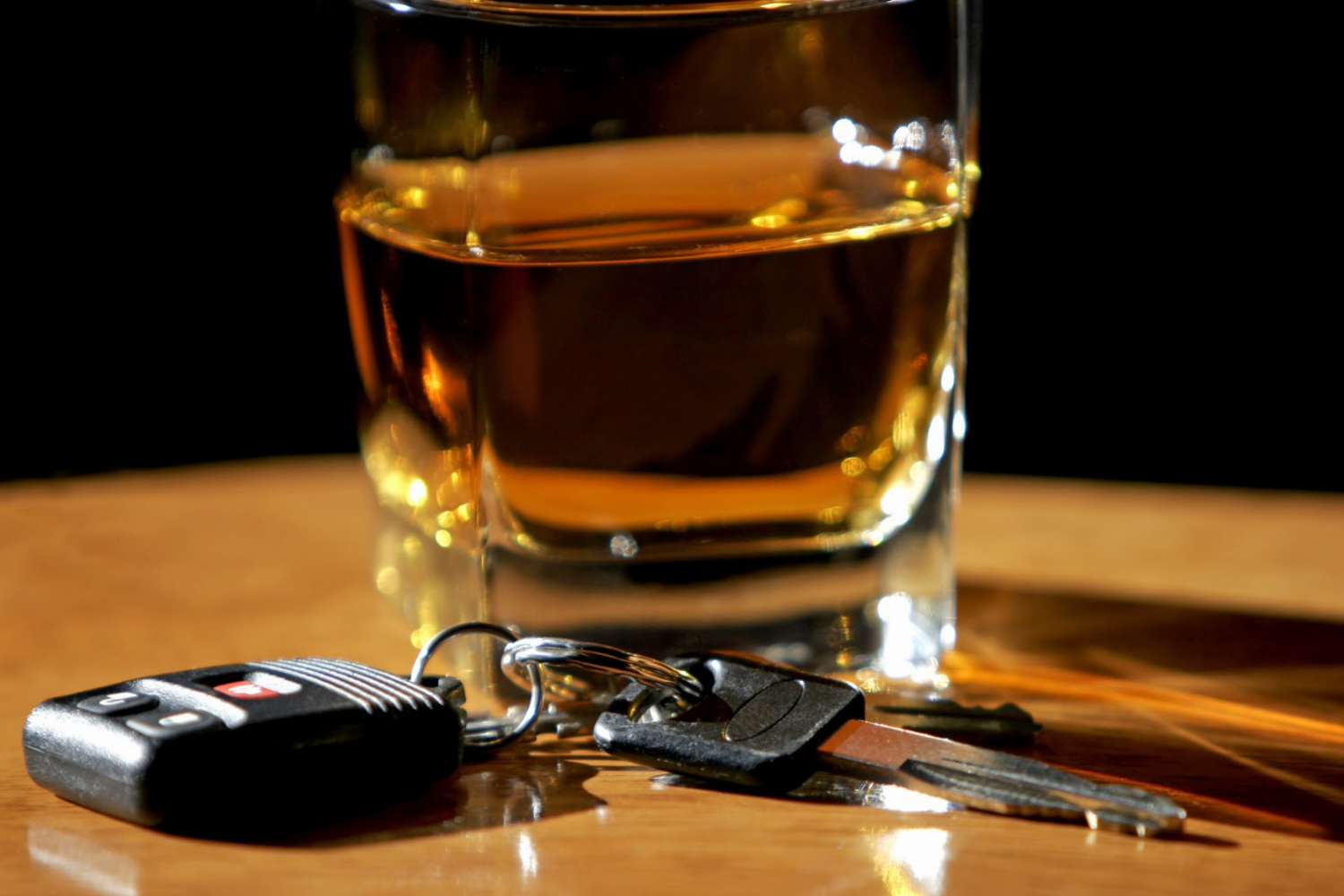United States See Changes in DUI Enforcement

The U.S. has seen a dramatic transformation in the way DUI cases are handled by the criminal justice system. In the early 1980’s a drunk driving charge could usually be handled by paying a small monetary penalty. Arrestees were usually not even required to appear in front of a judge, and they could simply mail in the payment for the fine to resolve the case.
Public consciousness of the issue changed in the 1990’s, and the punishments have been increasing everyday. Offenders face license suspensions, jail time, steep fines, and are faced with having to hire a DUI lawyer to assist on the case and direct them through the criminal process. Alcohol-related fatalities were once viewed merely as “accidents” but now the cases rival manslaughter for the length of incarceration that can result.
The tort liability of persons who serve liquor also has increased. Bars and Restaurants are frequently targets of civil lawyers who seek to hold owners liable for traffic accidents that occur when patrons depart for the night. Individual homeowners who serve liquor to their guests can also end up as defendants in civil court.

Once alcohol was the only drug that warranted the attention of the police officers who patrolled the nation’s roads. Now, law enforcement receives special training to help determine if people are under the influence of other drugs such as club drugs, marijuana, or prescription pills. In the states of Colorado and Washington, marijuana dui charges are a reaction to recent voter initiatives that have begun to decriminalize the possession of smaller quantities of marijuana.
An arrest for drunk driving usually starts with an officer stopping a vehicle for reasonable suspicion or probable cause of a traffic violation. Frequent citations include speeding, weaving across the lanes, failure to use turn signals, or improper equipment. After a motor vehicle is stopped, a police officer will approach the vehicle and ask the driver for his or her license, registration and proof of liability insurance. It is during this interaction that an officer will look for the signs of intoxication by alcohol or drugs. If a police officer suspects alcohol impairment, he will ask the driver to take a portable breath test. A police officer may also ask the driver to perform agility tests to help ascertain if he is under the influence of drugs or alcohol. An arrest may follow.
At the jail, a police officer will ask the arrestee to take an additional breathalyzer test. In the instances of drug DUI, an officer will take the arrestee to the hospital for a blood draw. A suspect is advised of his or her right to a lawyer and may be permitted to telephone a family member. A court appearance follows the next day, and the driver will later have a trial by jury to determine if he or she is truly guilty of the DUI.
